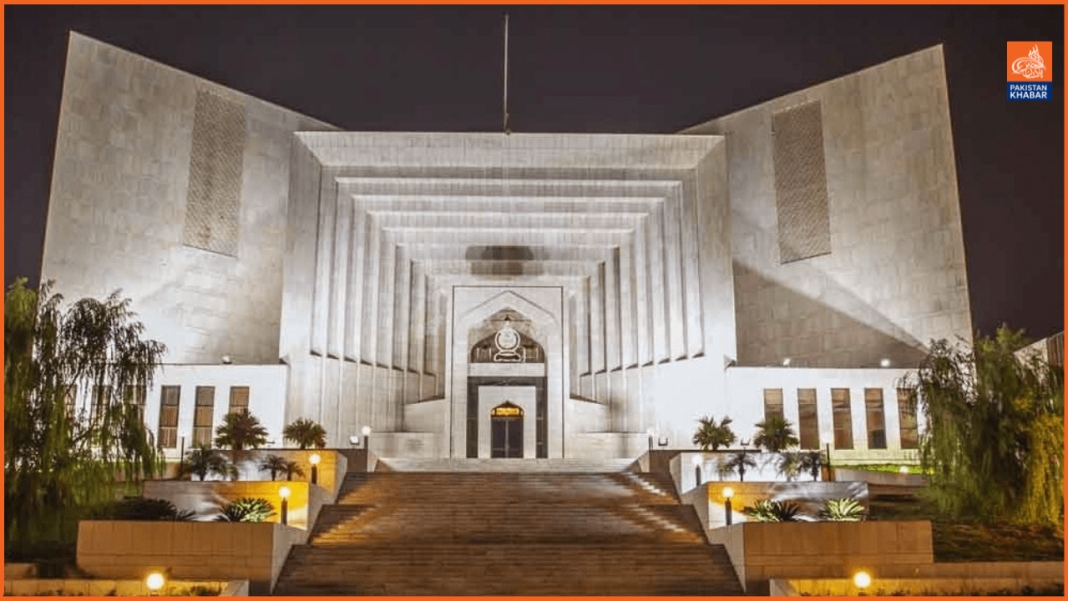On Tuesday, the Supreme Court ruled on a presidential reference regarding Article 63-A of the Constitution, which addresses the status of defecting lawmakers. The court decided that the votes of lawmakers who defect from their party will not be counted, with the verdict resulting from a 3-2 split among the judges. The majority opinion stated that lawmakers cannot vote against their party’s direction in four specific situations: the election of the prime minister and chief minister, confidence votes, constitutional amendments, and money bills.
Chief Justice Umar Ata Bandial, along with Justices Ijazul Ahsan and Munib Akhtar, supported the majority view, while Justices Mazhar Alam Khan Miankhel and Jamal Khan Mandokhail dissented, arguing that interpreting the reference would be akin to “rewriting the Constitution.”
In the presidential reference, President Arif Alvi posed four key questions regarding the interpretation of Article 63-A, including whether defectors’ votes should be counted and if they should be disqualified for life. The court emphasized that Article 63-A must be interpreted in a way that upholds the rights of political parties under Article 17 of the Constitution. It stated that defections undermine the stability of political parties and parliamentary democracy.
Regarding the second question, the court asserted that any vote cast by a member contrary to their party’s directive cannot be counted. As for disqualification, the court indicated that while parliament can legislate on this matter, any new law must be substantial and effective against defections.
The court refrained from addressing the fourth question about measures to prevent defections, deeming it too vague.
In dissent, Justices Miankhel and Mandokhail maintained that Article 63-A is comprehensive and self-contained, providing its own procedures and consequences for defection. They argued that further interpretation was unnecessary and outside their mandate.
In response to the ruling, PTI’s Advocate Babar Awan expressed that the decision signals the end for the current government in Punjab, raising questions about the next constitutional steps to take.




